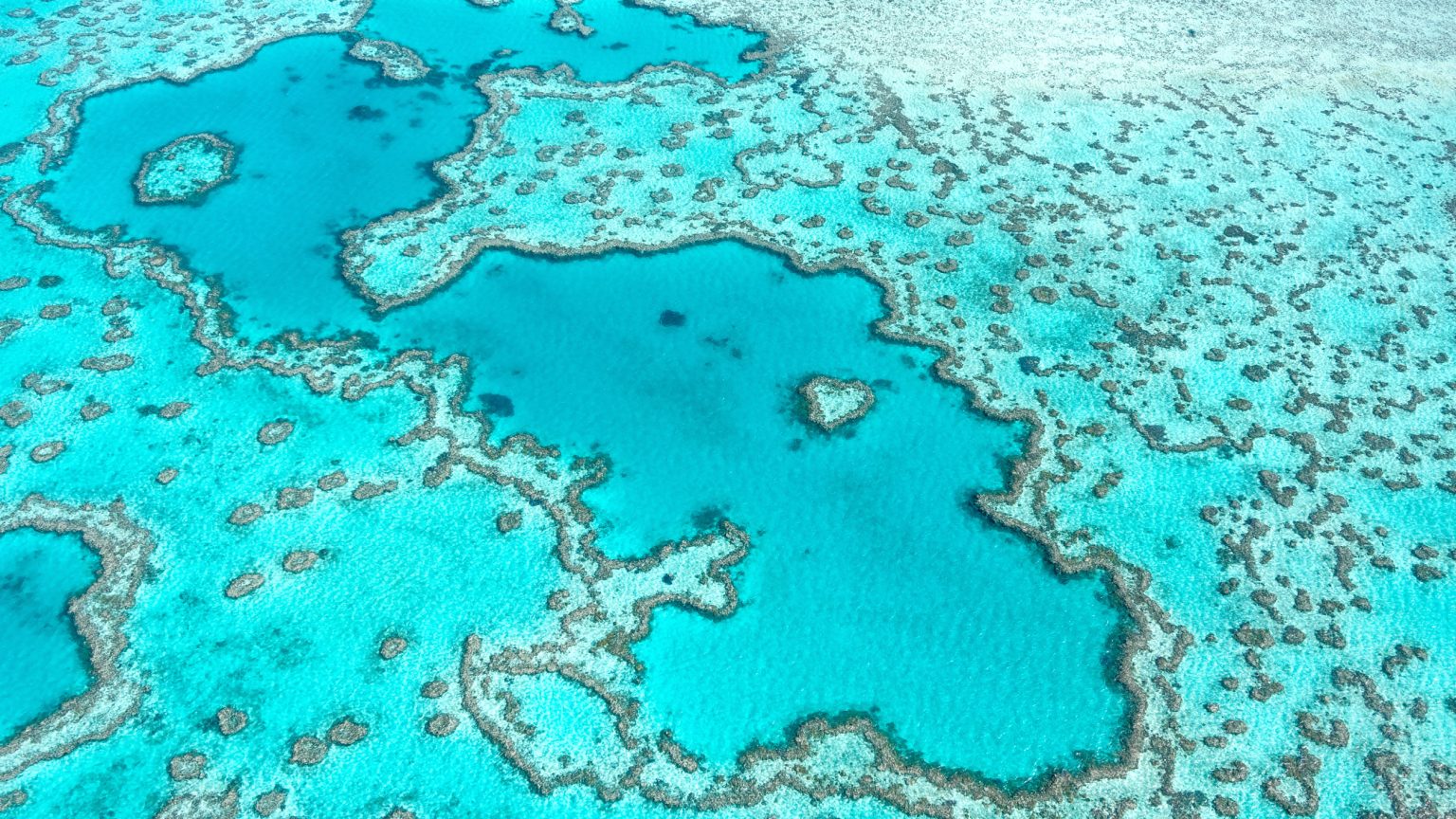A new study has found that parts of the threatened Great Barrier Reef are currently protected against climate change, due to a protective barrier of cooler waters between the surface and the bottom of the reef. However, researchers warn that if climate change continues, this protective barrier will be lost, leading to increased temperatures and greater vulnerability for the coral reefs. Bleaching events, which occur when corals turn white and become more susceptible to death, have been increasing due to higher temperatures caused by climate change. Mass bleaching events have occurred in the Great Barrier Reef for five out of the last eight years.
The study, conducted by researchers from the universities of Exeter, U.K., and Queensland, focused on the changing temperatures and how corals are reacting to these changes. They found that the separation between warm surface waters and cooler deeper waters is crucial for the survival of many reefs, but this barrier could disappear if global temperatures increase beyond 3°C pre-industrial levels. The researchers predict that bottom temperatures of the reef could increase by 1.2 to 1.7°C under higher emissions by 2050 to 2060, putting the coral reefs at greater risk of exposure to high temperatures. This threat is not unique to the Great Barrier Reef and could be seen on reefs worldwide.
If temperatures warm by 3°C, the researchers warn that the Great Barrier Reef could surpass 30°C, which is a critical threshold for coral bleaching. Some shallow-water coral species are not found in deeper areas, meaning that mesophotic reefs cannot provide refuges for them as the shallow reefs degrade. The study highlights the importance of reducing carbon emissions globally to protect coral reefs, as well as managing other human-induced stressors such as pollution and fishing activities. Understanding coral reefs better is essential for protecting them from multiple threats, some of which are not related to climate change.
The researchers emphasize the need for further global exploration of coral reefs and improved modeling to provide detailed guidance to reef managers. It is crucial to understand how and under what conditions sea floor heatwaves lead to mortality on these deeper coral reefs. The study underscores the urgent need for action to address climate change and protect coral reefs for future generations. Scientists and researchers are working to advance our understanding of coral reefs in order to develop effective conservation strategies and ensure the long-term survival of these vital ecosystems.


